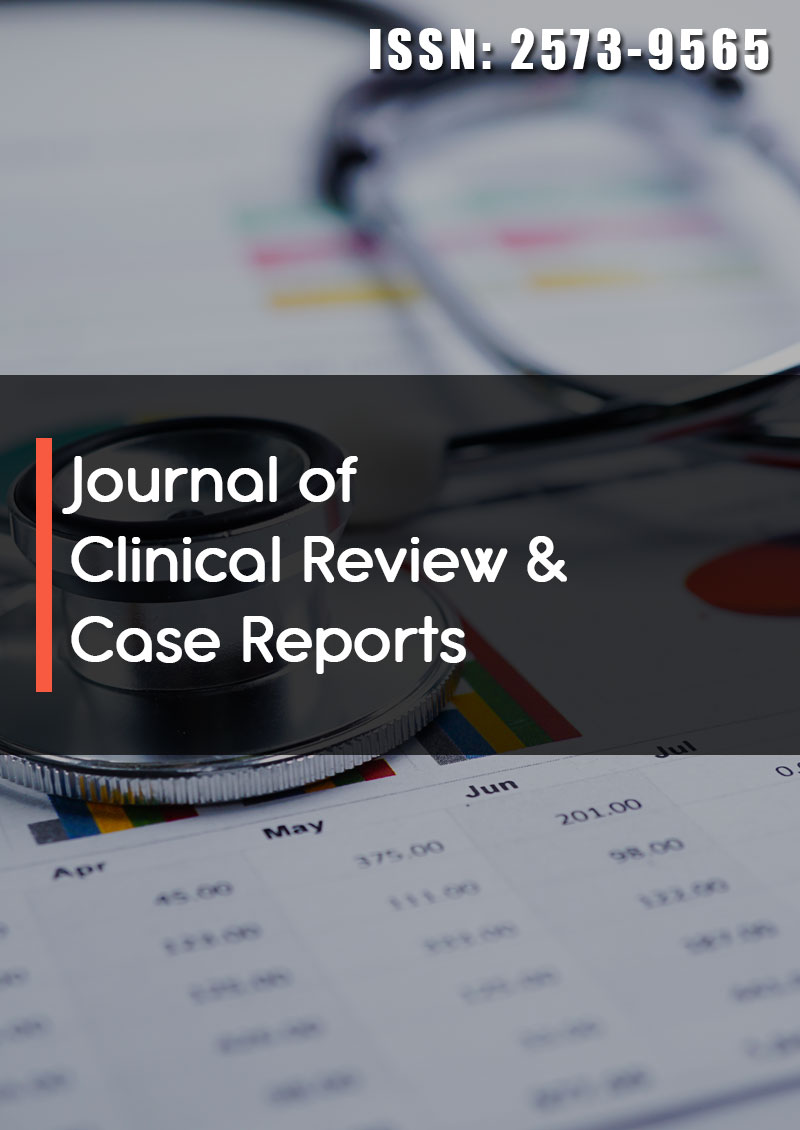Role of Low Dose Intravenous Immunoglobulin in IVF Failure: A Retrospective Analysis
Abstract
Bhavana Singla, Kaberi Banerjee and Shweta
Background: In developing countries the number of in vitro fertilization (IVF) attempts is often limited by the high costs of the procedure and relatively low success rates. In such a setup we have tried to evaluate the effect of low dose intravenous immunoglobulins (IVIg) administered to patients who have had previous failed IVF outcomes. Bearing in mind that the inherent fecundity of Indian population is higher and thus a lower dose of IVIg may suffice to give positive outcomes at an affordable price, in this manner providing them with the possibility of affording more attempts if required.
Objective: To evaluate the role of low dose intravenous immunoglobulin in IVF failure.
Design: Retrospective analysis
Materials and methods: This is a retrospective study beginning from 1st January 2014 till 31st December 2014. During this period, 124 patients with two or more failed IVF cycles were included. The controlled ovarian stimulation was started on cycle day 2 using gonadotropins (225 - 450 iu daily) and GNRH antagonist was added on the day when follicle reached 13 -14 mm. When follicles reached 18mm, transvaginal ultrasound guided oocyte aspiration was performed within 36 hours of the hcg trigger. On the ovum pick up day, 5 grams IVIg was administered to the patient as a slow infusion. Embryo transfer was done on day 2 or 3. Serum beta hcg was done 14 days after the embryo transfer and pregnancy rate and clinical pregnancy were evaluated.
Results: The total pregnancy rate was 46% (57/124) and clinical pregnancy rate was 42.7% (53/124).
Conclusion: Our study concluded that low dose IVIg may play a significant role in improving pregnancy rates in women with previous failed IVF attempts.



